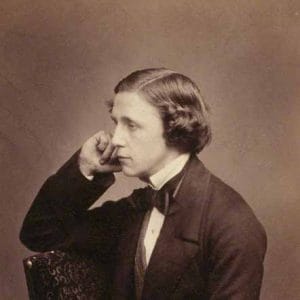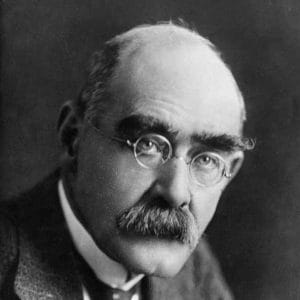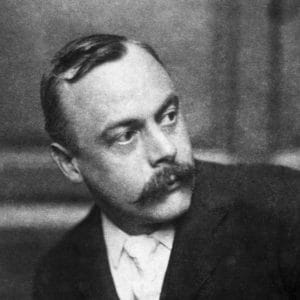
Edward Lear
Edward Lear
出生: 12/05/1812 逝世: 29/01/1888 性别: Male 类型: Children's Literature 职业: Poet and artistDespite being an artist, illustrator and musician, the multi-talented Victorian Edward Lear is most famous for writing gibberish – literally. Lear’s poems and lyrics pioneered so-called ‘nonsense verse’, in which words are playfully divorced from their meanings, or even made up altogether. Lear is also honoured for popularising the limerick (a form of short, amusing verse), but despite the idiosyncratic wit of his work, his life was lonely, affected by illness and anxieties about his sexuality. He failed to marry or have children, and his most intimate companion – often featured in his drawings – was his beloved cat, Foss.
照片来源: Edward Lear, by McLean, Melhuish & Haes © National Portrait Gallery, London主要作品
Edward Lear’s A Book of Nonsense
英文标题: A Book of Nonsense 出版日期: 1861 格式: Poetry collection 文学时期: Victorian 类型: Children's Literature 了解该作品相关文章
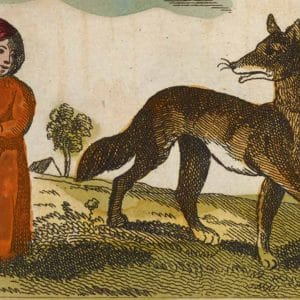
Fantasy and fairytale in children’s literature
Professor M O Grenby explores the relationship between fantasy and morality in 18th and 19th-century children’s literature.
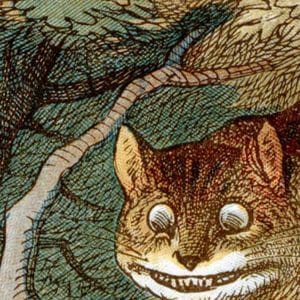
Anthropomorphism in Alice’s Adventures in Wonderland
Alice’s Adventures in Wonderland is crammed with animals: a grinning cat, a talking rabbit, an enormous caterpillar and countless others. Dr Martin Dubois explores anthropomorphism and nonsense in Carroll’s novel, revealing the literary traditions that underpin it and those it inspired.
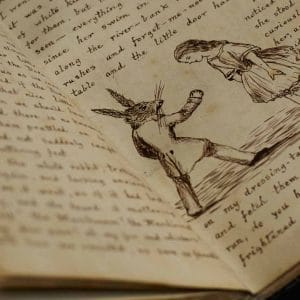
Understanding Alice
Professor Kimberley Reynolds explores how Lewis Carroll transformed logic, literary traditions and ideas about childhood into the superbly inventive and irreverent Alice's Adventures in Wonderland.
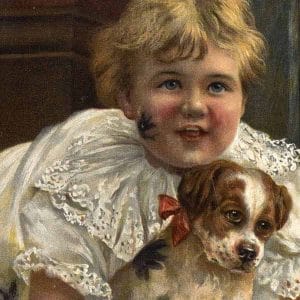
Perceptions of childhood
In the mid-18th century, childhood began to be viewed in a positive light, as a state of freedom and innocence. Professor Kimberley Reynolds explores how this new approach influenced 18th and 19th-century writers, some of whom wished they could preserve childhood indefinitely.
